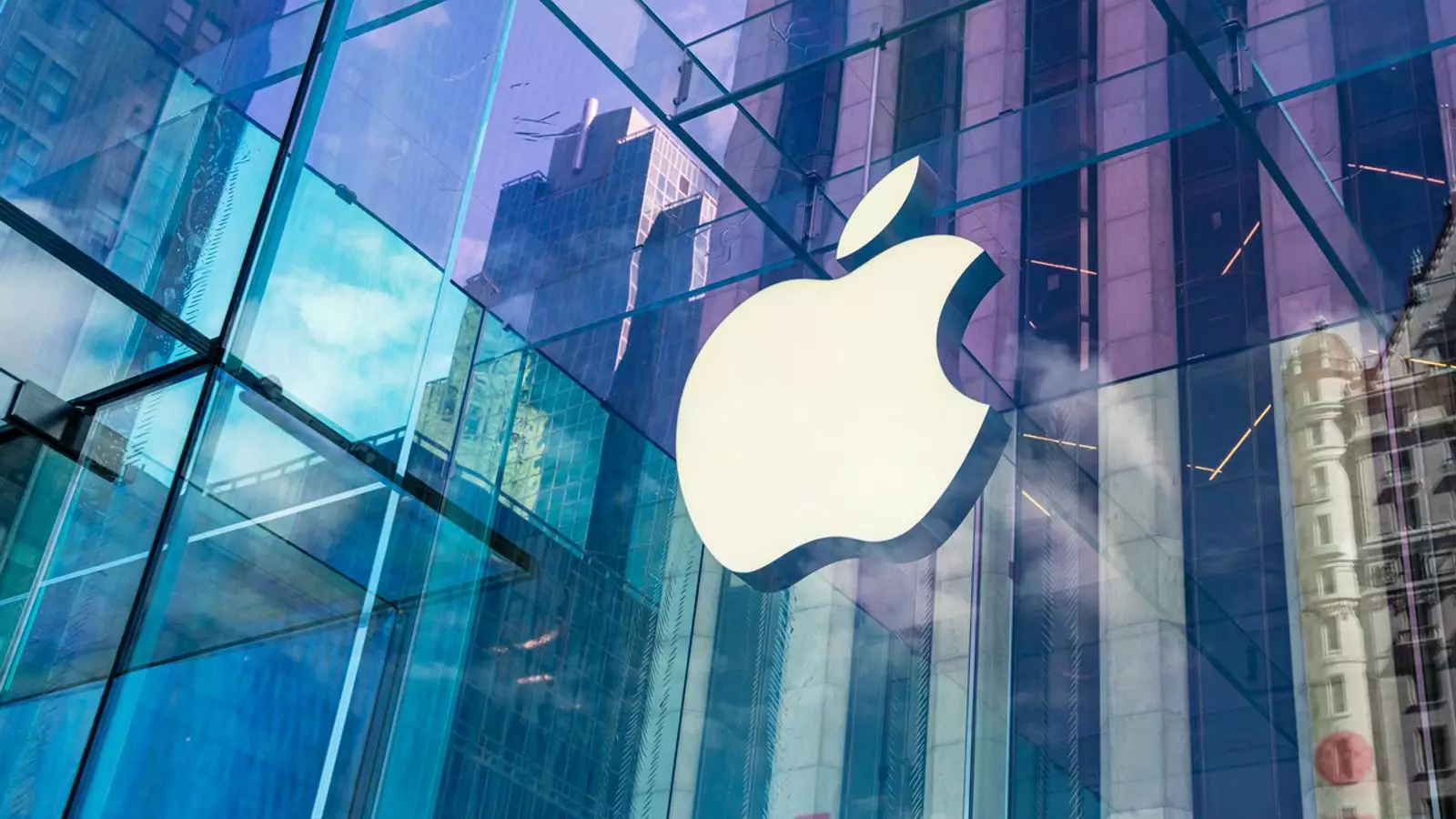In recent developments, Apple Inc. finds itself at the center of a fierce debate over user privacy and government surveillance. The UK government has reportedly issued a Technical Capability Notice (TCN) requiring Apple to grant access to encrypted data stored in its cloud services by users around the globe. This move raises critical questions surrounding encryption technologies, privacy rights, and the potential implications for digital security.
The TCN mandates Apple to facilitate a means for the UK government to access encrypted data, irrespective of the geographic location of the users. According to reports by the Washington Post and the BBC, this order effectively equips the government with broad powers to see personal data, including private conversations and sensitive files. Despite the contentious nature of this request, the Home Office has remained tight-lipped, neither confirming nor denying the existence of such an order, leaving Apple in a precarious position.
Apple, known for its commitment to user privacy, has been adamant that even it cannot access encrypted user data due to its stringent security protocols. Under the umbrella of its Advanced Data Protection (ADP) measures, communications are encrypted end-to-end, which means that only the intended users hold the keys to their information. Critics are concerned that this governmental demand represents a direct challenge to the foundational premise of digital privacy, undercutting the very protections users expect.
The implications of the UK government’s demand extend far beyond the confines of encryption logic. Critics have pointed out that facilitating government access to encrypted communications could erode privacy rights, especially for vulnerable groups like whistleblowers and journalists who rely heavily on secure communication channels. Removing or weakening encryption could expose sensitive communications to malicious entities, increasing the risk of data breaches and cyberattacks.
Internationally, the precedent set by the UK might embolden other governments with less regard for human rights to demand similar access. The fear is that authoritarian regimes could utilize legislation modeled after the UK’s demands to invade personal privacy under the guise of nation security. As Apple rightly pointed out, such measures could consequently undermine established human rights frameworks, bringing into question the ethical commitments of tech companies in responding to government requests.
The tensions between technology firms and governmental authorities are not a recent phenomenon. The debate has been simmering since at least 2017 when previous Home Secretary Amber Rudd expressed a desire to access encrypted messaging services without a grasp of the underlying technology. This repeated demand has sometimes been couched in terms of national security and public safety, with advocates for increased surveillance arguing that it is necessary to track and thwart potential threats.
However, the question remains whether public safety justifies a potential violation of privacy rights. While governments aim to protect citizens, the tools they develop to surveil and control can inadvertently create avenues for misuse by those with malicious intent. In a digital landscape where information can be weaponized, the potential for government overreach raises alarms among cybersecurity experts and civil liberties organizations.
Apple’s Position: A Stand for Encryption
In response to the TCN, Apple has reiterated its opposition to government access to decrypted information, framing the issue as a critical human rights matter. Their stance emphasizes the notion that individuals should retain control over their own information, free from government intrusion. Furthermore, Apple claims that allowing such access could throw the country into a precarious legal and moral territory that conflicts with established human rights laws.
Their robust resistance to governmental demands illustrates a growing sentiment in the tech industry to uphold consumer privacy amidst escalating governmental pressure. Apple’s position is not merely a corporate strategy; it captures a wider philosophical debate about digital freedom and individual rights in the 21st century.
As the discourse surrounding encryption and privacy unfolds, the stakes remain high for both individual users and technology companies. With the UK government intensely pursuing access to encrypted data, the broader implications of such actions pose difficult ethical questions. Will governments enforce measures that encroach upon individual privacy or will tech companies remain steadfast in their commitment to protecting user data?
Ultimately, the outcome of this conflict will serve as a crucial barometer for the relationship between privacy rights and state authority in the digital age. Society finds itself at a crossroads where the need for safety must be balanced with the fundamental right to privacy, requiring a nuanced approach that respects both security concerns and individual liberties. As developments continue, it remains to be seen how this complex intersection between technology and government will evolve.


Leave a Reply